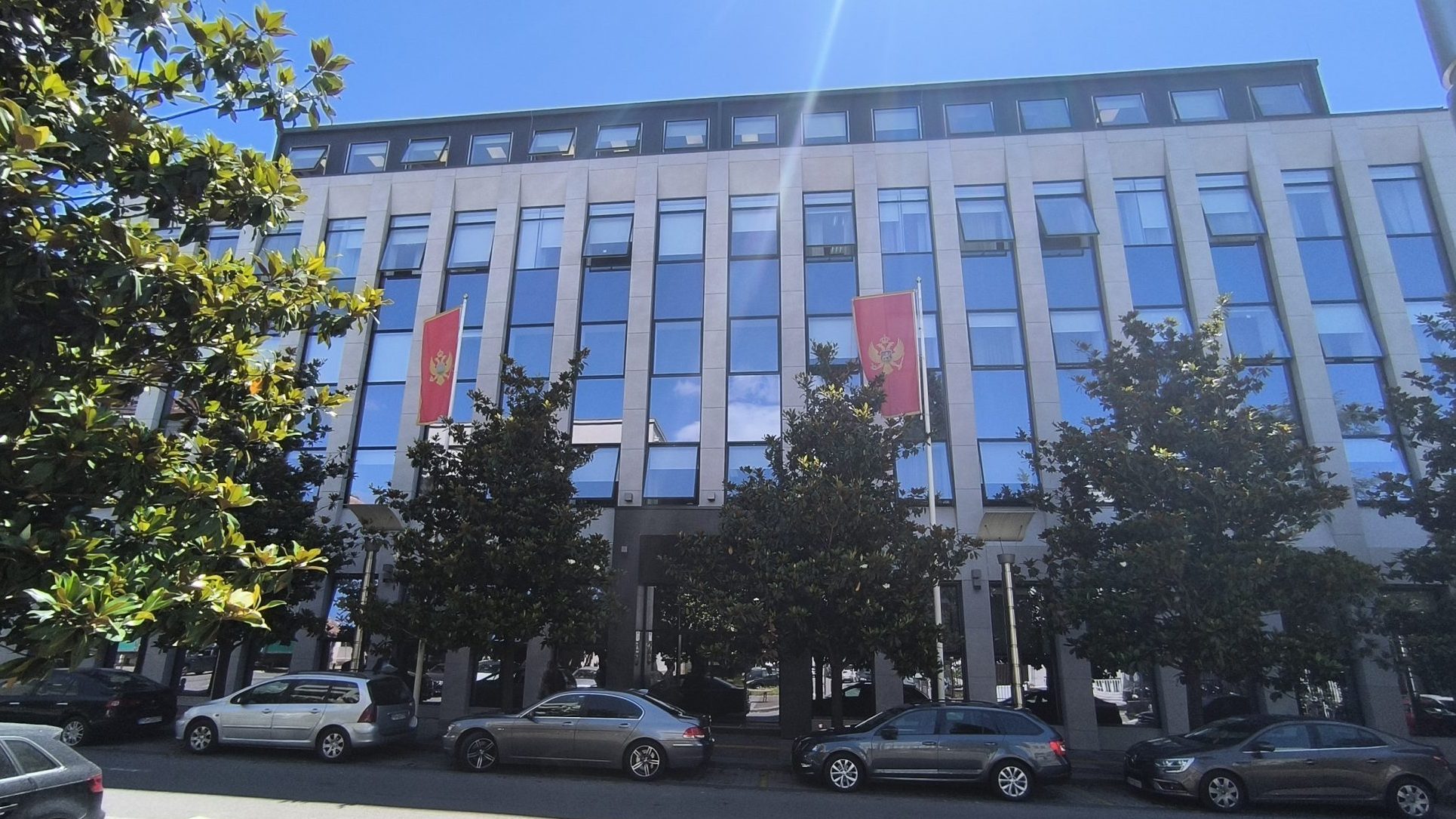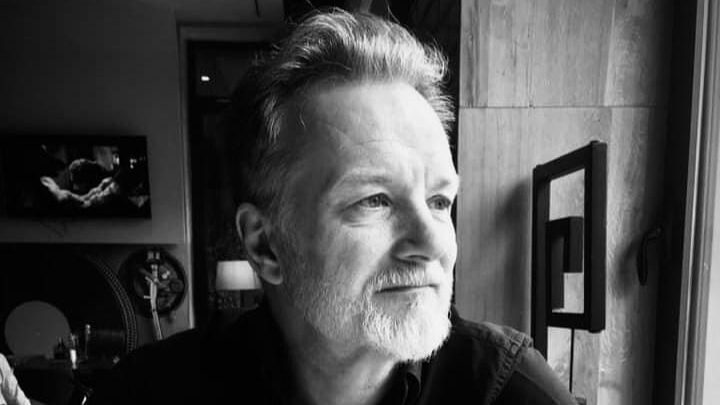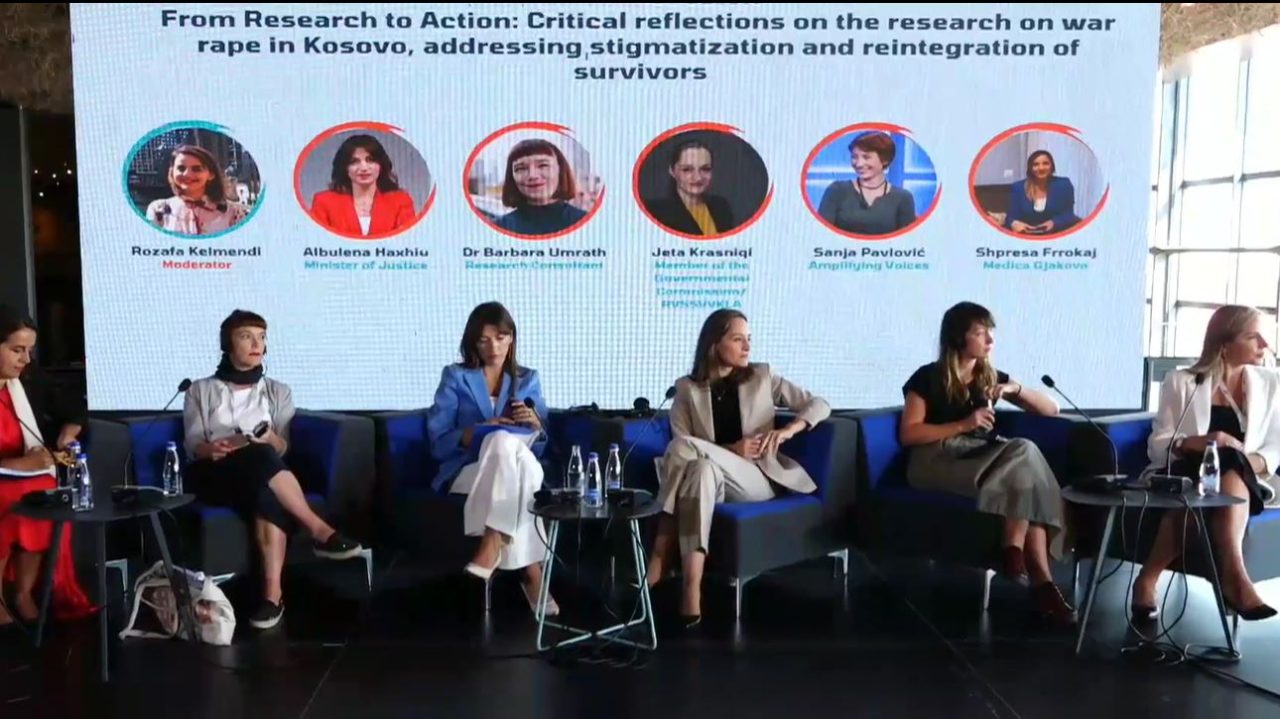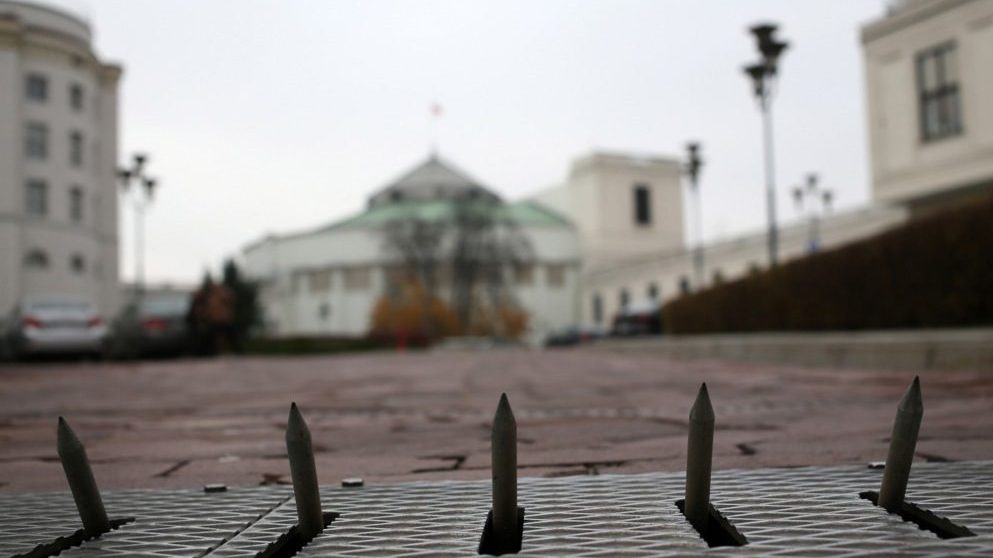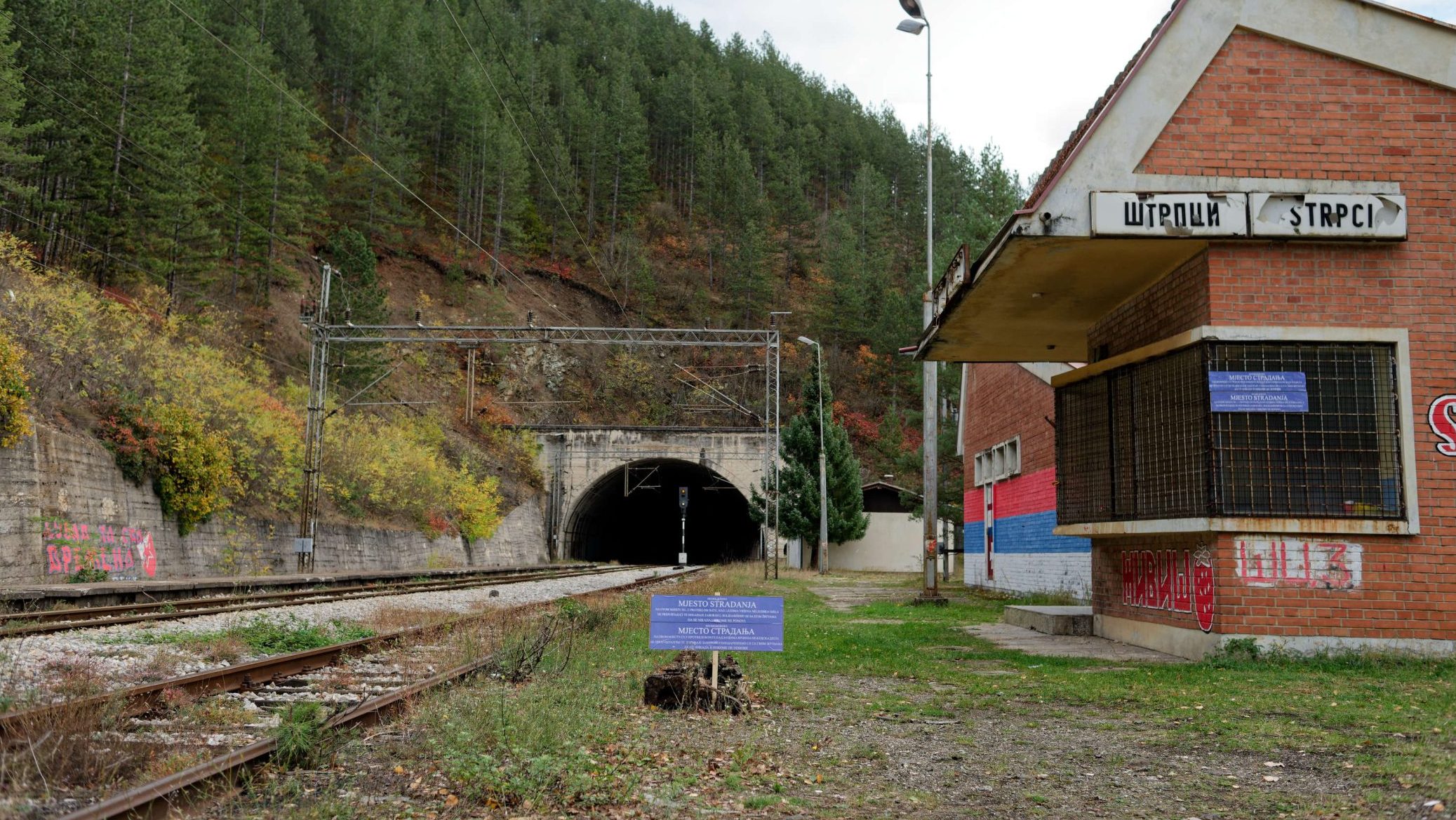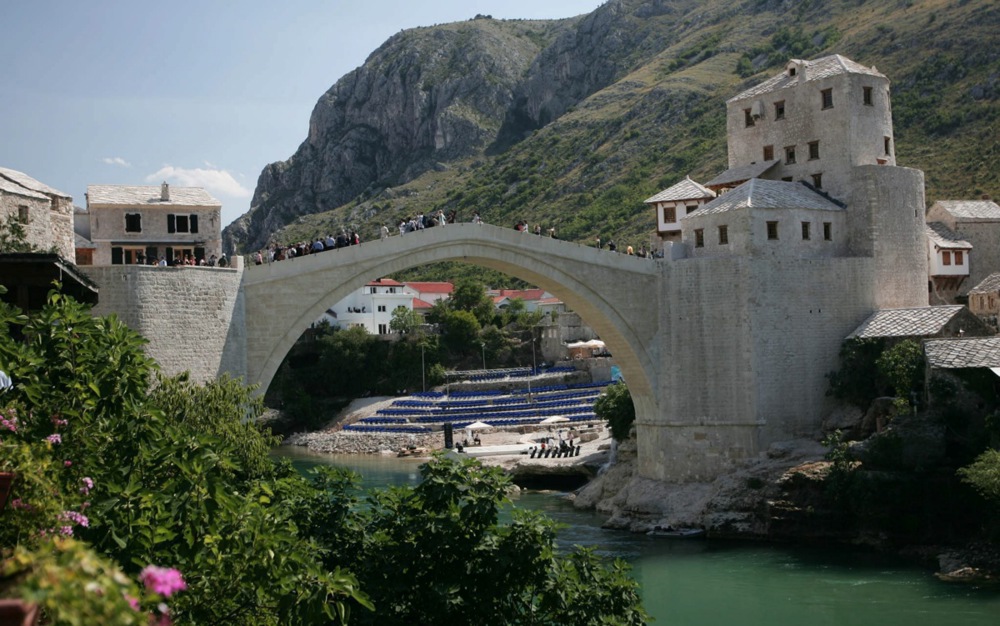Humanitarian Law Centre slates Serbian acquittal of former Drina Corps Commander as a 'revisionist attempt to reinterpret judicially established facts' about the 1995 Srebrenica genocide.
‘Weekend warriors’ were volunteer fighters who popped in and out of war zones in the 1990s. Many came from Montenegro, but few have ever faced justice for the war crimes...
The Podgorica court said it has ended the detention of Slobodan Pekovic, accused of wartime murder and rape in Bosnia, because three years have passed since the indictment was issued...
Paul Lowe, a respected British photojournalist who covered major world events including the wars in the former Yugoslavia and worked for years in the Bosnian capital, has died at the...
Most survivors of sexual abuse during the Kosovo war still suffer severe psychological consequences as a result of their ordeal, a new report by two NGOs, Medica Mondiale and Medica...
With Russia’s intelligence network decimated since its invasion of Ukraine, signs from Poland point to an army of ‘useful idiots’ hired locally to carry out espionage, sabotage and arson.
The start of the retrial of four wartime Serb fighters for their role in the abduction and execution of 20 non-Serb passengers seized from a train in Strpci in Bosnia...
A relative of young Montenegrin theatre director Hana Rastoder was among 20 people abducted from a train by Bosnian Serb fighters in 1993 and then murdered. Now she’s written a...
Thirty years after the Ottoman-era Old Bridge in the Bosnian city of Mostar was brought down by artillery fire, a soldier who captured its collapse on video looks back on...


